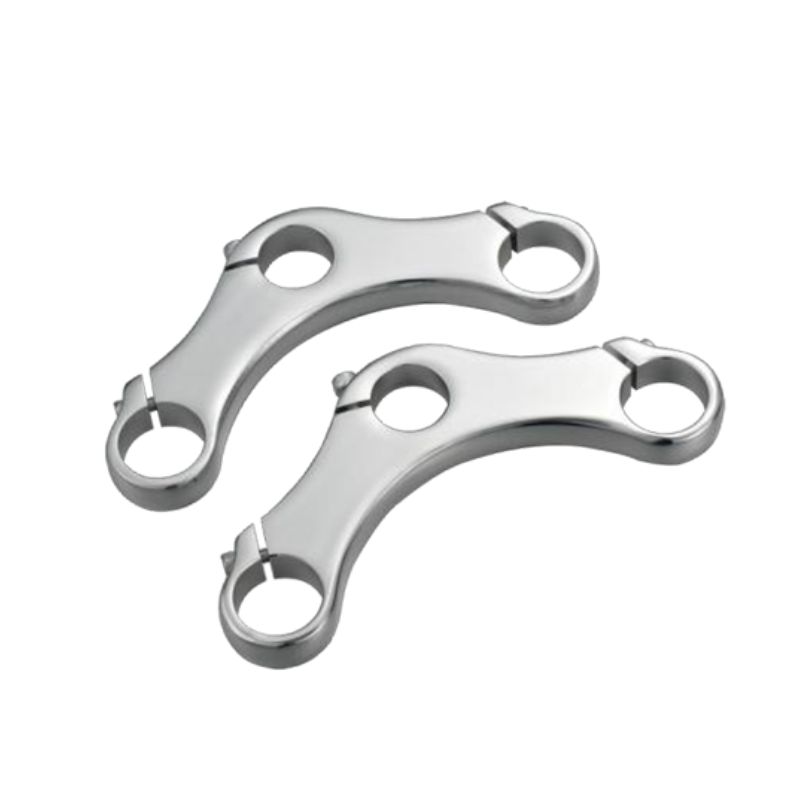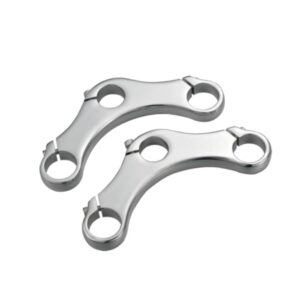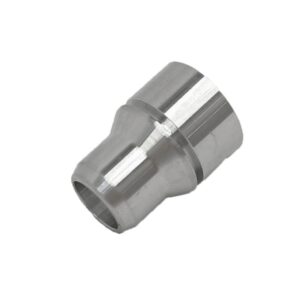In the world of manufacturing, aluminum forging is a process that stands out for its ability to create durable, lightweight, and versatile components. MINGYU Tech, a leading player in the forging industry with 17 years of experience, specializes in forging aluminum using advanced facilities and state-of-the-art techniques. With six forging lines, 25 CNC machinery centers, and comprehensive testing capabilities, MINGYU Tech is committed to delivering high-quality forged aluminum products for a wide range of applications. This guide explores what aluminum forging is, its benefits, and why it’s a preferred choice in industries from automotive to aerospace.
What is Forging Aluminum?
Forging aluminum is a process that shapes aluminum alloy by applying compressive force, typically through hammering, pressing, or rolling. Unlike casting, where molten aluminum is poured into a mold, forging keeps the aluminum in its solid state, reshaping it at high temperatures to achieve the desired form and mechanical properties. The forging process enhances aluminum’s structural integrity, resulting in stronger, more resilient parts.
MINGYU Tech’s forging process involves heating the aluminum to optimal temperatures before it is worked on by specialized machines that exert pressure to shape it. This process requires precision and control, both of which MINGYU Tech ensures with its ISO 9001:2008 and ISO/TS 16949:2009 certified facilities.
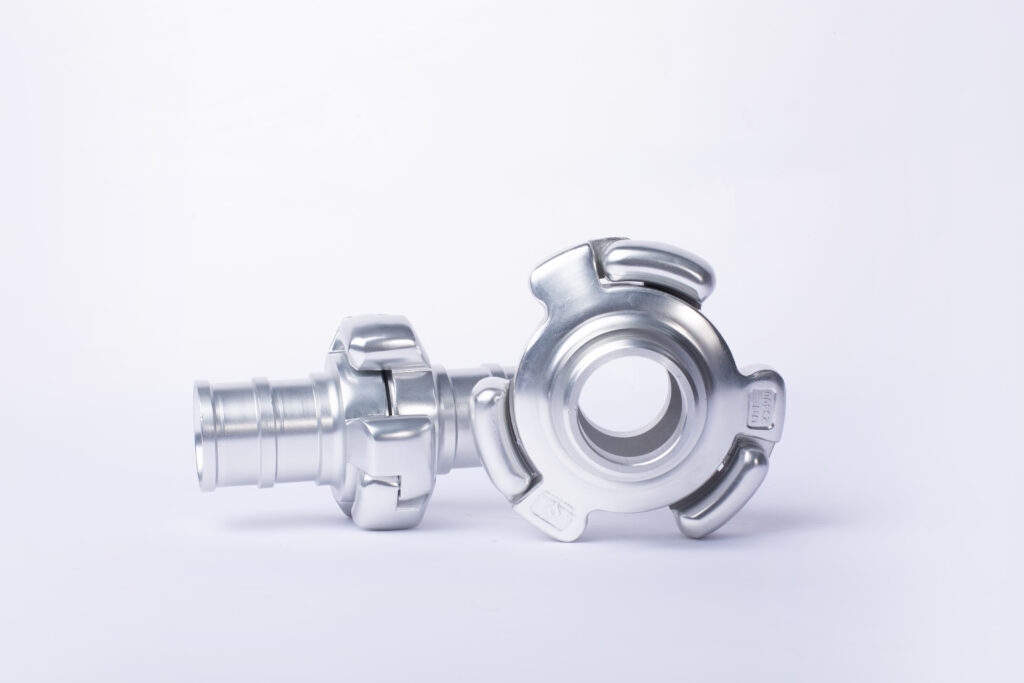
The Forging Process: How Aluminum is Forged
Aluminum forging typically follows a series of carefully controlled steps to ensure each part achieves the right shape, strength, and characteristics. Here’s an overview of the key stages in forging aluminum:
- Material Selection and Preparation
Choosing the right aluminum alloy is essential, as each alloy offers different properties in terms of strength, malleability, and heat resistance. Once selected, the aluminum is prepared by cutting it to the desired size and heating it to the proper temperature.
- Heating
The aluminum is heated to a temperature where it becomes malleable but remains solid. This temperature control is crucial, as overheating can affect the aluminum’s integrity, while underheating makes it difficult to shape.
- Forging
Once heated, the aluminum billet is placed on a forging die, where compressive force is applied by hammering, pressing, or rolling. At MINGYU Tech, this process takes place on one of the company’s six forging lines, which are designed to handle a wide range of aluminum parts with precision.
- Cooling and Finishing
After forging, the aluminum part is cooled in a controlled manner to retain its shape and enhance its strength. Post-forging treatments, such as CNC machining, are applied to refine the dimensions and ensure precise finishes. MINGYU Tech’s 25 CNC machinery centers allow for precise finishing on all forged components.
- Quality Testing
Each part undergoes rigorous testing to confirm it meets the required quality and performance standards. MINGYU Tech’s advanced testing equipment ensures every forged aluminum part adheres to industry specifications, ensuring durability and performance.

Types of Aluminum Forging
Aluminum forging can be performed through various methods, depending on the part’s requirements:
- Open-Die Forging: Used for larger parts, open-die forging involves deforming aluminum by applying repeated blows, with fewer restrictions on shape.
- Closed-Die (Impression) Forging: Ideal for smaller, complex shapes, this process uses dies to create parts with intricate details.
- Rolled-Ring Forging: This technique creates circular components, such as rings or wheels, by rolling heated aluminum around a mandrel.
Each of these methods is suited to different applications, and MINGYU Tech offers a range of forging techniques to meet specific client needs.
Benefits of Forging Aluminum
Forging aluminum offers numerous advantages that make it a popular choice across industries. Here’s why forged aluminum is highly valued:
- Strength and Durability
The forging process creates aluminum parts with superior strength and structural integrity. The compressive forces used during forging reduce any weak points, resulting in parts that are highly resistant to impact, stress, and wear.
- Lightweight Properties
Aluminum is already known for being lightweight, and forging maintains this quality while increasing strength. This makes forged aluminum ideal for applications that require a balance of durability and low weight, such as in automotive and aerospace parts.
- Improved Grain Structure
The forging process aligns the aluminum’s grain structure, creating a part with enhanced mechanical properties and resistance to fatigue. This uniform grain flow also allows forged aluminum parts to withstand higher stresses, making them ideal for critical components.
- Excellent Machinability
After forging, aluminum parts are easier to machine and shape precisely. With 25 CNC machinery centers, MINGYU Tech enhances the forged parts further by applying custom machining for detailed finishes.
- Cost-Effectiveness
Aluminum forging is a cost-effective solution for high-strength, lightweight parts. The durability of forged aluminum means longer part life, reducing replacement needs and maintenance costs in the long run.
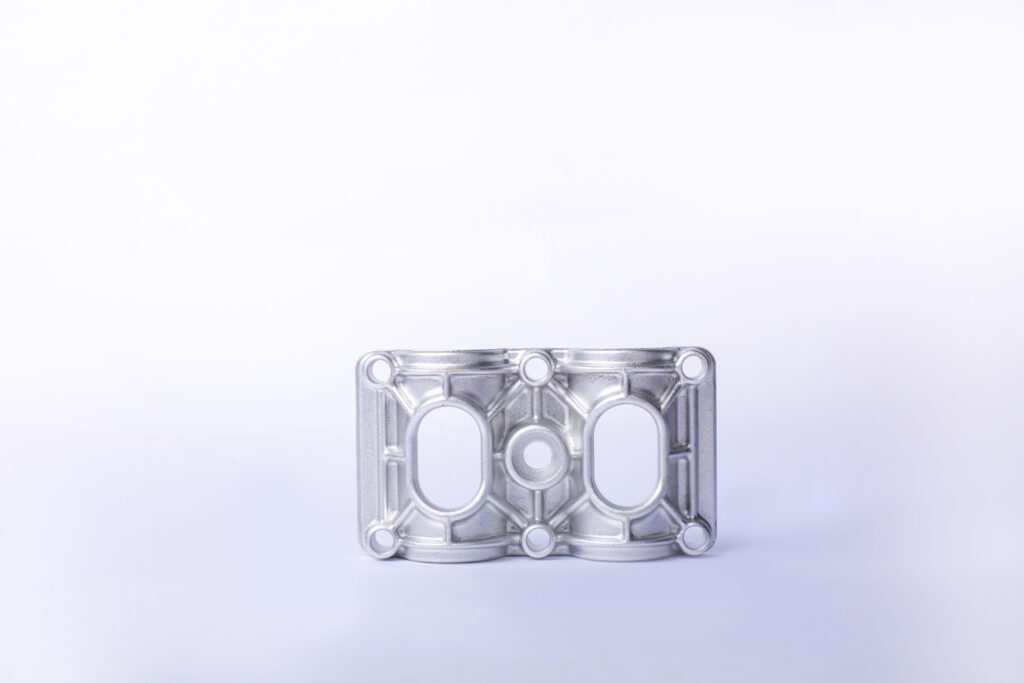
Applications of Forged Aluminum
Forged aluminum is used across various industries due to its strength-to-weight ratio, durability, and versatility. Common applications include:
- Automotive Components: Forged aluminum is widely used in automotive parts like suspension systems, wheels, and engine components due to its lightweight and high strength.
- Aerospace Parts: In aerospace, forged aluminum’s resistance to stress and fatigue makes it ideal for aircraft structural components and landing gear.
- Industrial Machinery: Forged aluminum parts are used in industrial equipment for their durability and ability to withstand demanding operating conditions.
- Consumer Electronics: Lightweight, durable forged aluminum parts are also used in electronic devices, such as casings and frames for smartphones and laptops.
With its extensive experience in automotive parts manufacturing and precision injection, MINGYU Tech has the expertise to produce forged aluminum parts that meet the stringent demands of these industries.
Why Choose MINGYU Tech for Forged Aluminum Products?
As a leader in aluminum forging, MINGYU Tech offers a reliable, high-quality solution for manufacturers across industries. Here’s what sets MINGYU Tech apart:
- 17 Years of Expertise: With nearly two decades in the forging industry, MINGYU Tech has extensive knowledge in precision forging and a proven track record of quality.
- Advanced Facilities: MINGYU Tech’s six forging lines, 25 CNC centers, and state-of-the-art testing equipment ensure every part is produced with precision and consistency.
- Certified Quality Standards: With ISO 9001:2008 and ISO/TS 16949:2009 certifications, MINGYU Tech meets rigorous industry standards, providing clients with reliable, high-performance products.
- Self-Export Rights: As a trusted provider with self-export rights, MINGYU Tech offers clients around the world a seamless supply chain experience, ensuring that products are delivered on time and meet client expectations.
Conclusion
Forging aluminum is an advanced manufacturing process that delivers high-strength, lightweight, and durable parts suitable for various demanding applications. With its strong commitment to quality, innovation, and precision, MINGYU Tech stands out as a trusted partner in aluminum forging. Whether it’s for automotive, aerospace, or industrial applications, MINGYU Tech’s forged aluminum components are designed to provide the durability, performance, and reliability needed to excel in today’s competitive markets.
For companies seeking a trusted provider of forged aluminum products, MINGYU Tech offers the expertise, advanced technology, and certified quality to drive successful, long-term partnerships in precision manufacturing.

